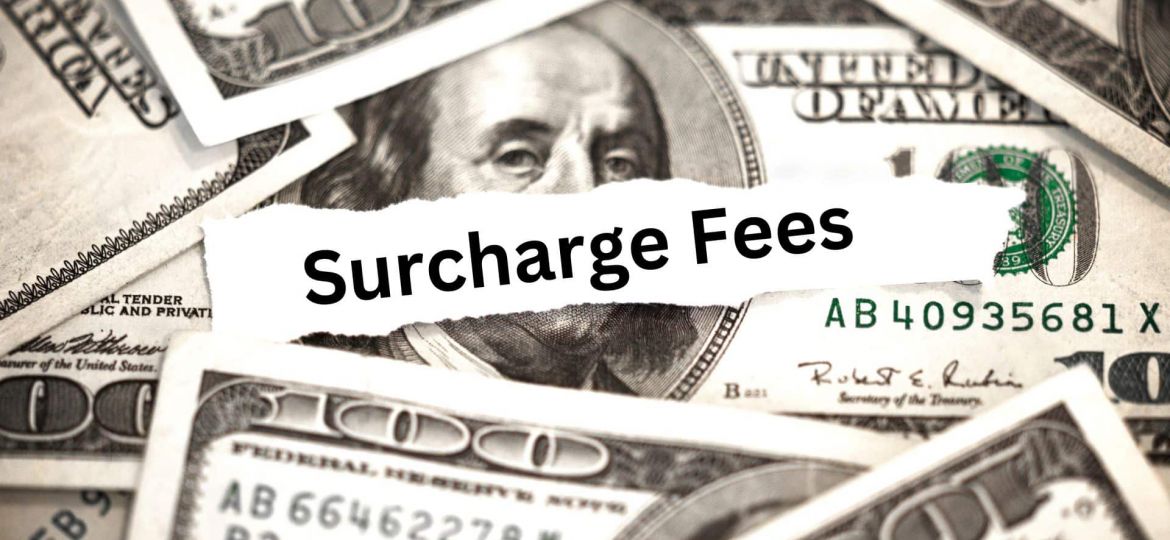
Surcharging in the B2B payments industry involves adding an extra fee to credit card transactions with the goal of offsetting the high cost of credit card processing.
While surcharges may sound like a smart way to cover processing costs and help manage expenses, these fees result in challenges and potential drawbacks that may actually cost your business more in the long run.
As the co-chair of the ETA B2B Committee and CEO of PayNation, I have seen many cases in which surcharges resulted in unintended consequences, including:
- Negative Perception. According to a Lending Tree survey, 57 percent of Americans believe charging consumers to offset credit card processing fees should be illegal. This sentiment can extend to B2B customers, potentially damaging relationships and reducing customer loyalty.
- Strained Customer Relationships. Implementing surcharges can create tension with businesses that may feel unfairly burdened by extra fees, potentially harming long-term relationships.
- Reduced Competitiveness. Businesses that impose surcharges may become less attractive to potential clients compared to competitors that do not, resulting in lost opportunities and market share. This is particularly risky in markets where the competitors do not impose such fees, such as for businesses that operate in price-sensitive industries.
- Negative Impact on Sales. If customers are deterred by surcharges, overall sales may decline. This is especially true if customers have alternative payment options or suppliers who do not impose surcharges.
- Cash Flow Problems. Customers may opt for payment methods that do not incur additional fees, such as checks or ACH transfers, which may delay the receipt of funds compared to the immediacy of credit card payments. Surcharges can also discourage prompt payment, leading to delayed receivables and cash flow issues. Clients may also seek to negotiate longer payment terms or find alternative payment methods to avoid surcharges.
- Increased Reconciliation Issues. Managing surcharges adds complexity to the billing process, increasing administrative overhead and the escalating risk of errors. Many accounting and ERP solutions do not have a way to account for the additional surcharge, resulting in valuable time spent on unnecessary reconciliation.
- Implementation Complexities. Customizing surcharging strategies to fit different customer types, order values, and product lines can be administratively burdensome. Businesses need to consider factors such as high vs. low order values, premier vs. non-premier customers, and location-based surcharging.
- Increased Potential for Errors. Incorrectly applied surcharges can lead to disputes and further administrative headaches, potentially harming customer relationships and incurring additional costs.
- Regulatory and Compliance Issues. Surcharging is subject to various legal restrictions and regulations. This is particularly an issue for companies that do business across state lines or globally. For example, in the U.S., surcharging laws vary by state, adding another layer of complexity for businesses operating across multiple jurisdictions. In Europe, under the Payment Services Directive 2 (PSD2), certain types of surcharges are banned, and, even where allowed, the surcharge cannot exceed the cost incurred by the merchant. Navigating these regulations can be complex and risky, and non-compliance can result in fines, legal disputes and damage to a company’s reputation.
Conclusion: Consider the Downsides of Surcharges Versus Alternative Strategies
Before implementing B2B payment surcharges, carefully weigh these factors while considering alternative strategies, such as offering cash discounts or negotiating better terms with payment processors, to mitigate the negative effects of surcharging.
Want to get started with digital payments today?
Let PayNation help you increase your business and residual revenue while capturing increased revenues. We offer transparent, low, and competitive fees with no hidden or registration costs.
Join PayNation Today!
Whether you currently have a payments processor or are new to B2B payments, connect with PayNation today and provide your buyers and suppliers with the digital payment support they need for today’s cutting-edge payment solutions.
With competitive rates, a wide range of B2B products and services, excellent customer service, and an easy-to-use platform, PayNation can help increase your profitability and grow your business.
Our streamlined onboarding makes joining PayNation fast and hassle-free. Click here to get started by completing our new agent form.





